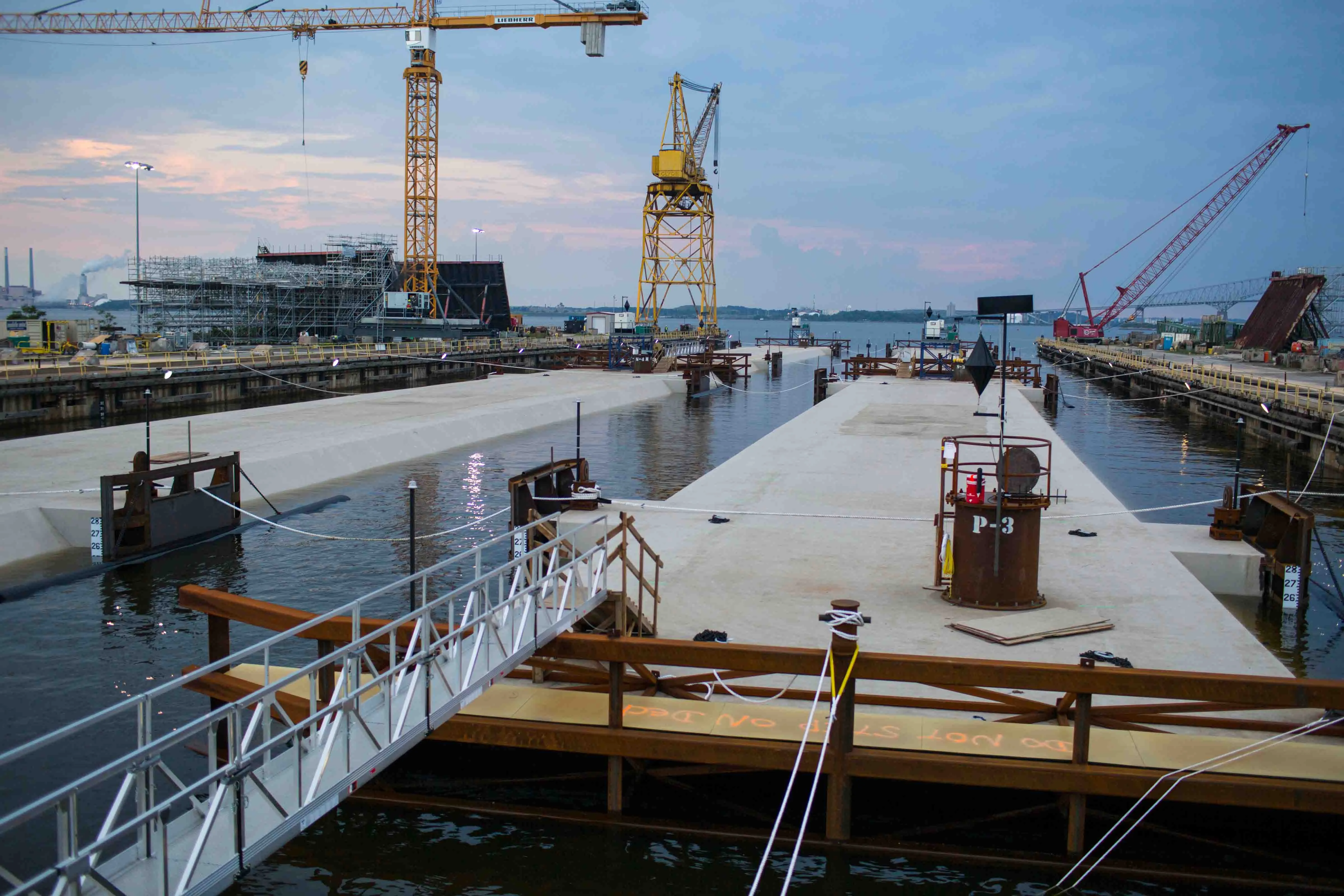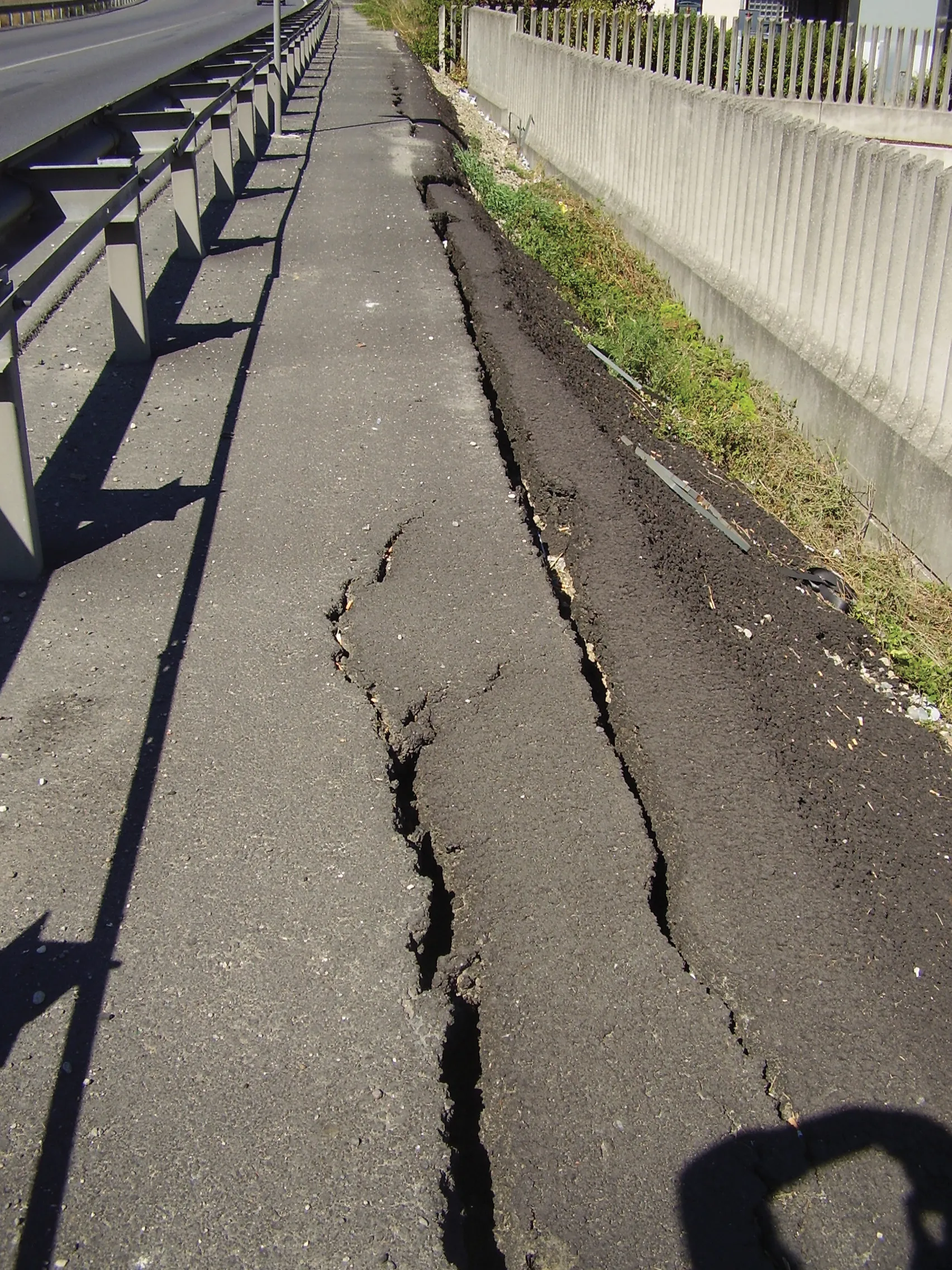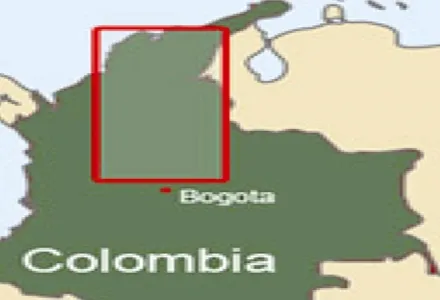Colombia's national road institute (Invias) has said that the La Linea tunnel project will open to traffic in 2017. The project has been delayed on several occasions and due to a variety of reasons, presenting a luckless and lengthy tale of woe for Colombia’s transport ministry. Early in its lifetime the project was held back by unexpected geological issues arising from more challenging ground conditions than had been initially realised. The project was also delayed by insurance problems for some of the fir
September 16, 2015
Read time: 2 mins
Colombia's national road institute (2812 Invias) has said that the La Linea tunnel project will open to traffic in 2017. The project has been delayed on several occasions and due to a variety of reasons, presenting a luckless and lengthy tale of woe for Colombia’s transport ministry. Early in its lifetime the project was held back by unexpected geological issues arising from more challenging ground conditions than had been initially realised. The project was also delayed by insurance problems for some of the firms involved. Contractors working on the project have also suffered delays and other problems. The work being carried out by Union Temporal Segundo Centenario (UTSC) is expected to be completed in November 2016, however an electromechanics team will be required to carry out final completion work that could take up to eight months. The La Linea tunnel project is currently 79% complete and has a progression rate of 1%/month. Invias has stated that there are now no financial difficulties in carrying out and completing La Linea tunnel project. This has been one of the problems in earlier phases of the project. However there are insufficient funds to begin the necessary interchange construction, which is valued at US$32.95 million. Invias will request financial support from the National Planning Department (DNP) to launch the tenders for future construction contracts.









